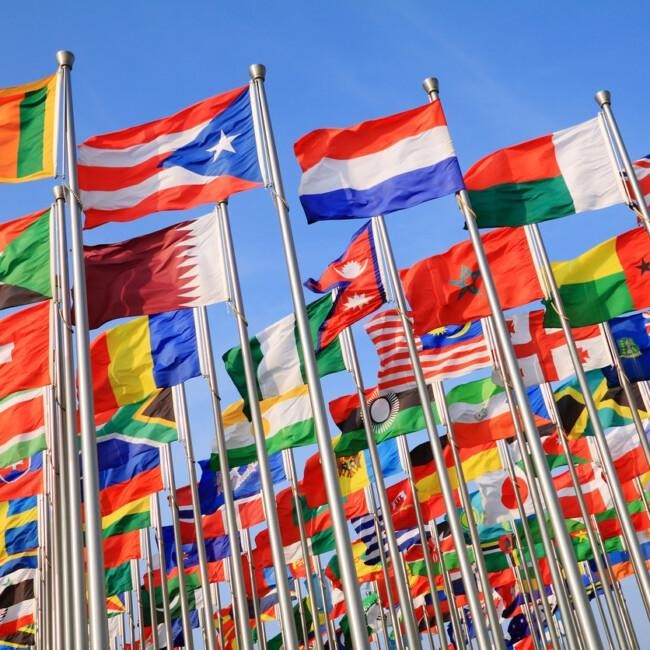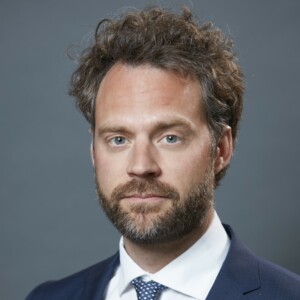
The Finnish Institute of International Affairs (FIIA) was awarded a contract to conduct a baseline-study to enhance Nordic cooperation on security of supply and crisis preparedness by the Nordic Council of Ministers. The project goes under the title “Managing Competitive Interdependence in Northern Europe: Nordic Security of Supply in the Age of Disruption (NOSAD)” and is being led by FIIA’s Research Director, Dr. Mikael Wigell.
NOSAD examines security of supply and crisis preparedness models in Nordic countries and reviews the existing and future potential of Nordic cooperation within the field. The autonomous regions of the Faroe Islands, Greenland and Åland Islands are included in the study. The project was launched early autumn 2021 and continues until summer 2022.
The four main goals of the project are to:
1. Map and assess existing Nordic crisis preparedness and security of supply models.
2. Develop an empirically informed assessment of notable disruptive systemic and strategic drivers of international origin that affect Nordic crisis preparedness and security of supply.
3. Evaluate the current status and future potential of Nordic cooperation in key sectors of critical services and capabilities.
4. Provide up to date knowledge and practical recommendations to Nordic policymakers on ways to strengthen Nordic crisis preparedness and security of supply cooperation.
The basis for the research work consists of two main parts. The first part focuses on studying the existing, publicly available literature on the topic. A project team of 5 researchers conducts a comparative analysis of the Nordic security of supply and crisis preparedness systems. They also analyse the external operating environment and drivers of Nordic crisis preparedness.
The second part consists of interviews with experts. The project team conducts background interviews in all Nordic capitals.
The project has a reference group consisting of representatives from all Nordic countries.
The study will result in a final report, which will be finalized by June 2022. The results will also be disseminated through seminars and other publications in the Nordics.








